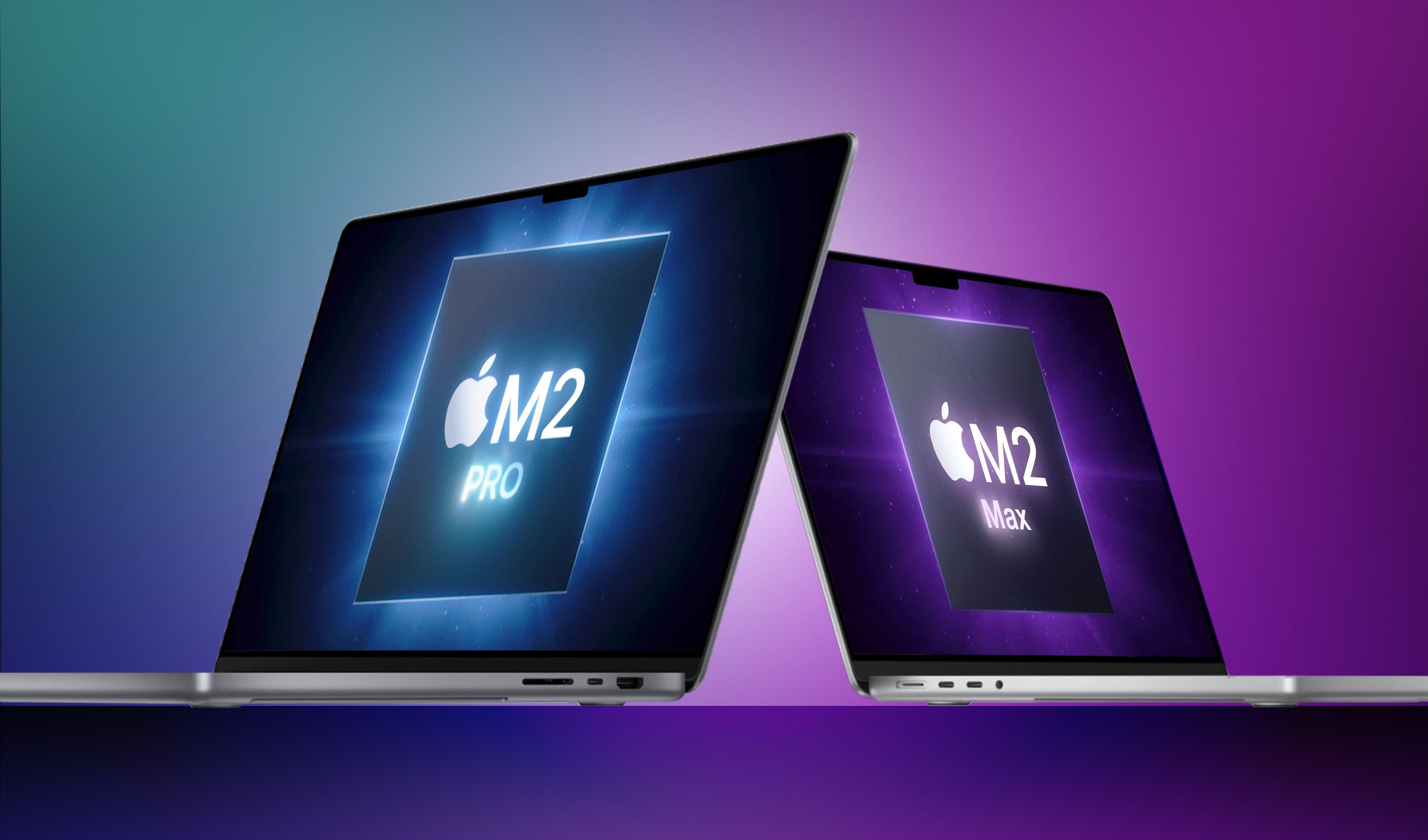Yes, customers will attempt to use their computers similarly whichever chip iteration is in it. And on day one running last year's apps either chip will present hella stronger than the old box did. However v1, M1 versus v2, M2 will always perform stronger. All those tens of thousands of hours Apple engineers spent improving M1 to M2 will make a difference.Most customers don’t care that much about the specific chip. M1 vs M2 is not going to make much difference in how most customers use their computers.
-Any new tech device starts aging out the day it is bought. An M1 device starts out a year behind M2 and will always be a year behind. The useful life of M2 will be a year longer. That is significant in life cycle cost analysis.
-M2 performance will be stronger; every day, for the life of the box.
-The future software that a new box will be tasked with over its future 3-6 year life will run better on M2 than on M1.
Edit: The above are simple realities. I will also add my personal opinion that v2 of most tech things tends to be hella preferable to own than v1.
Also, I think customers buying $4k MBPs are generally aware of the state of tech like M2 coming. Such MBPs are tasked with heavy computer work, and users doing the kind of heavy tasks that require top MBPs are very aware that MBP horsepower, RAM, etc. will affect their workflows.
Last edited:



